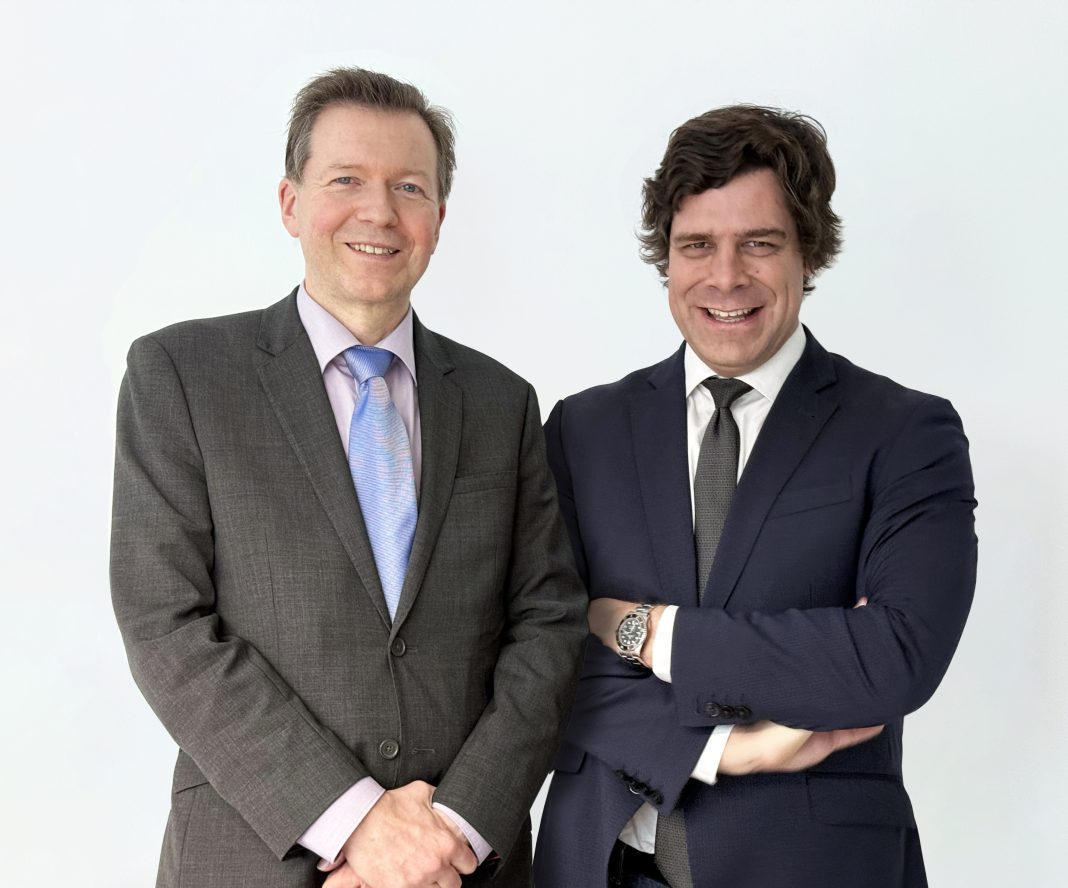Welcome back to our conversation with Jose Filipe Torres, CEO of Bloom Consulting, and Dr. Keith Dinnie, Bloom Consulting’s President. In this second part, we shift our focus to the future of Nation and City Branding. We’ll be delving into emerging trends, discussing the impact of technology and global events, and exploring how Bloom Consulting is adapting to meet the evolving needs of Nations, Cities, and Regions in a rapidly changing world. Let’s continue the discussion!
Keith, how do you envision the future of Nation and City Branding over the next five years? What key trends do you foresee emerging?
Key trends that can be expected to emerge include the mainstreaming of artificial intelligence (AI) into various aspects of Place Brand development, the increasing professionalisation of those involved in the practice of Nation and City Branding, and a greater focus by Countries, Regions and Cities on establishing a powerful Place Brand narrative that motivates the requisite range of stakeholders.
Jose, what’s your opinion?
I agree with Keith that AI will become essential, not only for consultancies but also for the practice of Nation Branding itself. Bloom Consulting is already pioneering in this field, where we have a dedicated AI department led by our CIO, Filipe Roquette, driving this effort for Nation and City Brand strategies and innovation.
Looking ahead, as I predicted in 2022, there is a clear geopolitical shift on the horizon. As we’re already witnessing many of these changes, including a rise in internal conflicts, suggesting further societal division.
Beyond geopolitics, I believe we’ll see increasing polarization between generations. It may be the first time in history when the rising generation doesn’t share the same aspirations as their parents and grandparents at a similar age. This will lead to changing behaviours. The younger generation won’t necessarily want the same things that older generations did back then, and we’re already seeing differences in priorities.
This generational shift will influence how younger people view and interact with Countries and Cities. The increase in life expectancy, with people wanting to enjoy a younger lifestyle for longer, also presents new considerations for Cities and Countries. They need to adapt and cater to these evolving needs.
Furthermore, global trends like health and healthcare will remain critical, along with security. At Bloom Consulting, we’ve identified the key elements that shape perceptions of Countries and Cities and how these can be managed to facilitate export, tourism, talent, and investment. Countries and Cities will need to adapt to prioritise well-being, healthcare, and safety and address global challenges. Our Bloom Consulting Nation Brand Taxonomy Model © and the Bloom Consulting City Brand Taxonomy Model © offers a navigation system for places to adapt to these changes and stay competitive in attracting visitors, investors, and talent.

Overarching all of these trends, measurement will continue to play a crucial role in Nation Branding.
As Keith already mentioned, we’re seeing increased professionalism within the sector. It’s becoming more knowledgeable, moving beyond just having a good idea. There’s a growing standardisation and professionalisation, with more countries and cities seeking this expertise. Within this, we also see more precise and sophisticated ways to measure the impact of Nation and City Branding. Our latest study, “The Impact of Nation and Place Brands on the Local and Global Economy”, demonstrates the economic value generated by Country and City Branding. We provide these measurement models for free because we believe it makes Place Branding even more important.
This ability to quantify the impact of their work on the economy – showing that, for example, 25% of the economy is thanks to perception. And that Nation Branding accounts for 1% of the global GDP – is a game-changer for countries and cities.
Keith: I would like to add here, that this research is fundamentally important as policy makers – including politicians and civil servants – are increasingly demanding that investments in Nation and City Branding are cost effective. Bloom’s research on the Impact of Place Branding on economies helps provide such reassurance that a Nation Brand or City Brand strategy delivers an acceptable return on investment.
Also, coming back to growing standardisation and professionalisation I see that in academia, the interest in Nation Branding and City Branding continues to grow. Each year more journal articles are published in this field and this is matched by interest amongst students, increasing numbers of whom are choosing to write their Masters’ dissertations or PhD theses on the topic of Place Branding.
In the world of practice, there has undoubtedly been an improvement in the quality of Nation Branding in recent years. However, this progress is patchy and even countries that are generally admired for their achievements often have a flawed approach that limits the effectiveness of their activities. As President of Bloom Consulting, I look forward to championing a creative and analytical approach that enables countries to learn from the mistakes of other countries whilst optimising their own unique Brand narrative.
How do you both see Bloom Consulting adapting to these trends?
Keith: Bloom Consulting is already leading the way in harnessing the potential of AI, as evidenced in the recent work done on Costa Rica’s brand. Also, Bloom’s focus on a unifying Central Idea in its approach to Place Brand development aligns well with the need to craft a powerful Place Brand narrative.
Jose: Building on Keith’s point, our AI driven Nation Brand strategy for Costa Rica is just the beginning. We’re actively integrating AI into all of our strategies and operations. This is a core component of our Bloom Consulting 2030 strategy – to embrace innovation both internally and externally.
We have always invested heavily in research, and as part of our 2030 vision, we’re increasing that investment in data and research to ensure that Bloom Consulting remains at the forefront of identifying new trends and helping Places measure their impact.
Going forward, we’ll also be focused of reporting our findings back to society. We believe that quantification is critical for the future of Nation Branding and City Branding – a true “before and after” moment. We foresee Countries and Cities using more advanced datasets and, crucially, measuring the economic impact of their Nation and Place Brands. Bloom Consulting is already providing the tools for this.
Keith, from an academic perspective, what advice do you have for places looking to strengthen their branding initiatives?
My main advice would be for places to give more importance to the commissioning of high quality, actionable research. It still surprises me how many places charge ahead with their branding without conducting much, if any, research to ascertain whether or not their Place Brand strategy is having the desired effect. The number of academic articles on Place Branding continues to grow each year and these articles use a range of research methods that could be usefully deployed.
Published on 09.04.2025.










